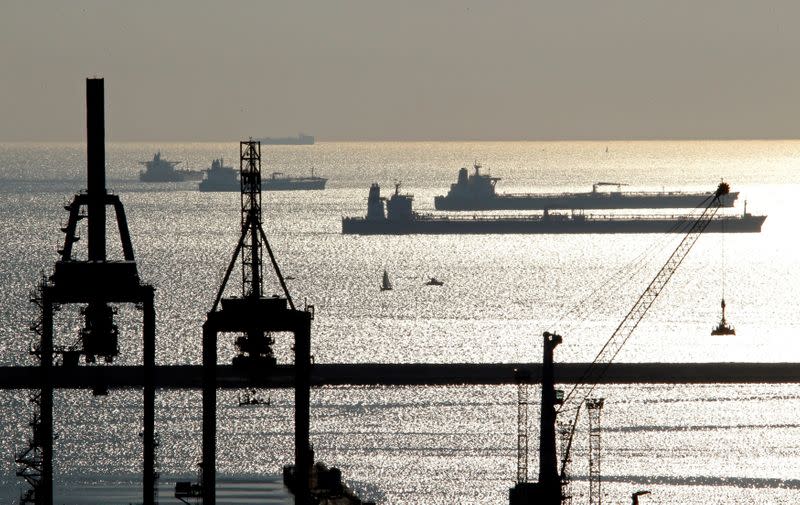Column: Hedge funds sell oil as bull run stutters - Kemp

By John Kemp
LONDON (Reuters) - Hedge funds have reduced their position in petroleum futures and options for the first time in 16 weeks, the first weekly net sales since the first successful coronavirus vaccine trials were announced in early November.
Hedge funds and other money managers sold the equivalent of 9 million barrels in the six most important petroleum futures and options contracts in the week to Feb. 23.
The sale comes after portfolio managers purchased a total of 548 million barrels over the previous 15 weeks, according to records published by ICE Futures Europe and the U.S. Commodity Futures Trading Commission.
After three months in which benchmark crude prices had risen by more than $26 per barrel or 68%, bullish positions had become stretched, increasing the probability of a reversal, at least in the short term.
Prior to the recent sales, the combined position across all six contracts had reached the 82nd percentile for all weeks since the start of 2013 – a lopsided position that is little changed even after the sales.
The most recent week saw small buying in NYMEX and ICE WTI (+3 million barrels) and Brent (+1 million) but selling in U.S. diesel (-6 million), U.S. gasoline (-4 million) and European gasoil (-2 million).
Even after the sales, combined crude positions are in the 83rd percentile for all weeks since the start of 2013, while fuel positions are in 70th percentile.
The pattern is consistent with an expectation of continued crude output restraint by OPEC+ but slightly more softness in the consumption of refined fuels as a result of the epidemic and lingering travel restrictions.
(Editing by David Evans)

 Yahoo Finance
Yahoo Finance 